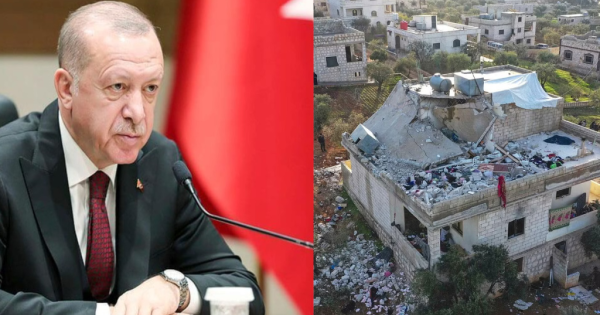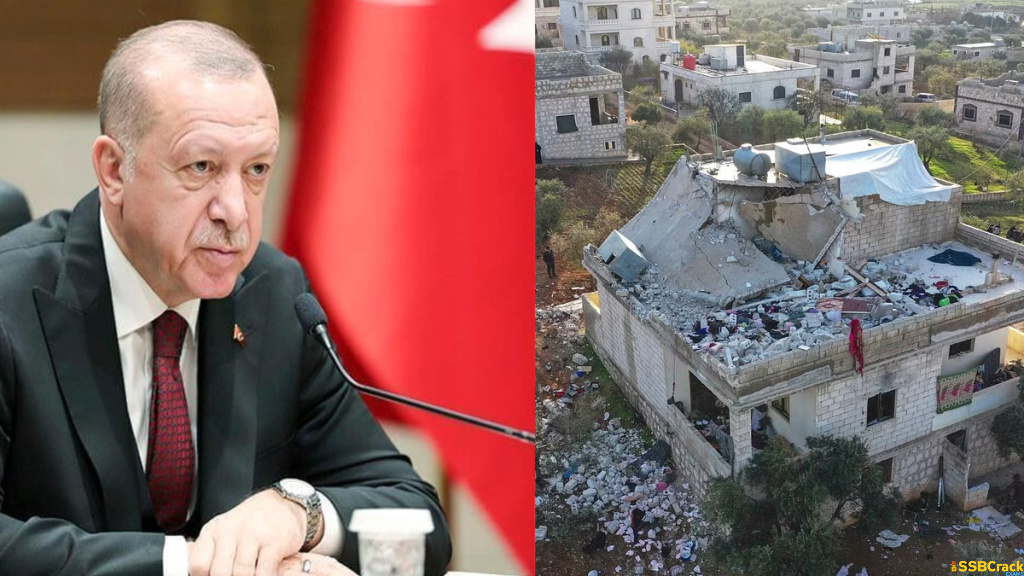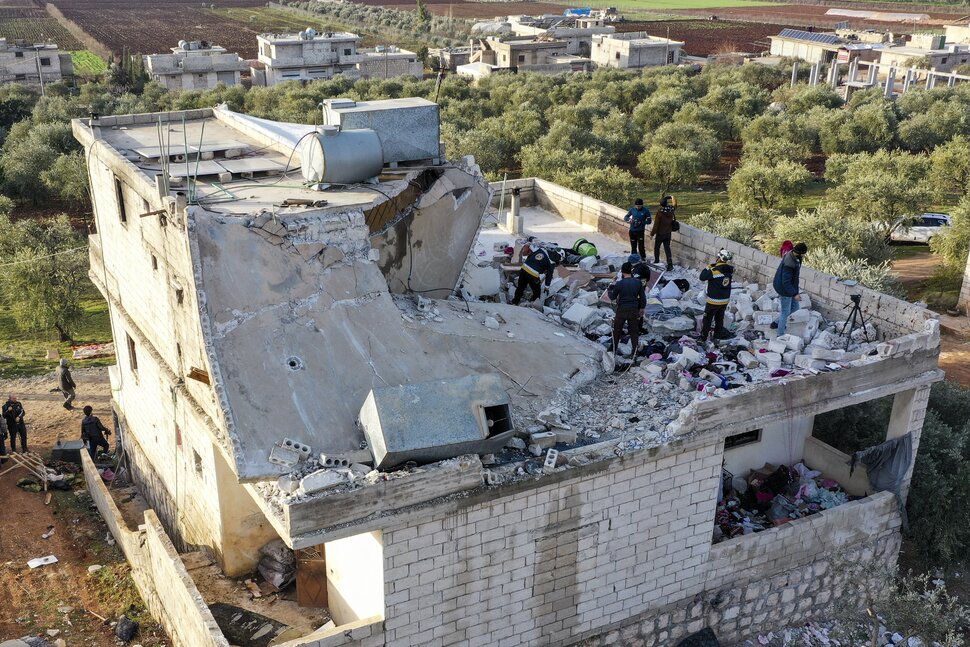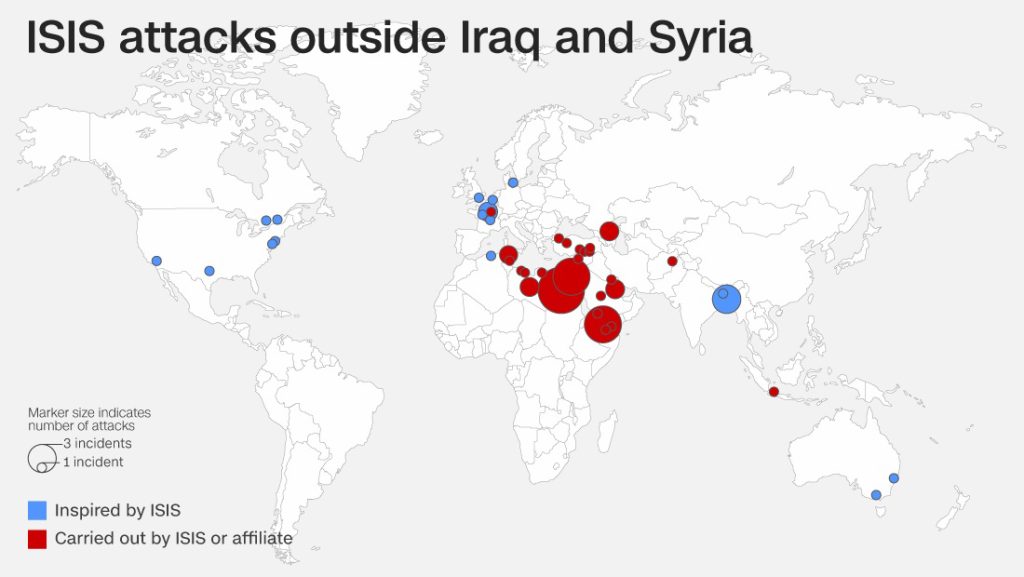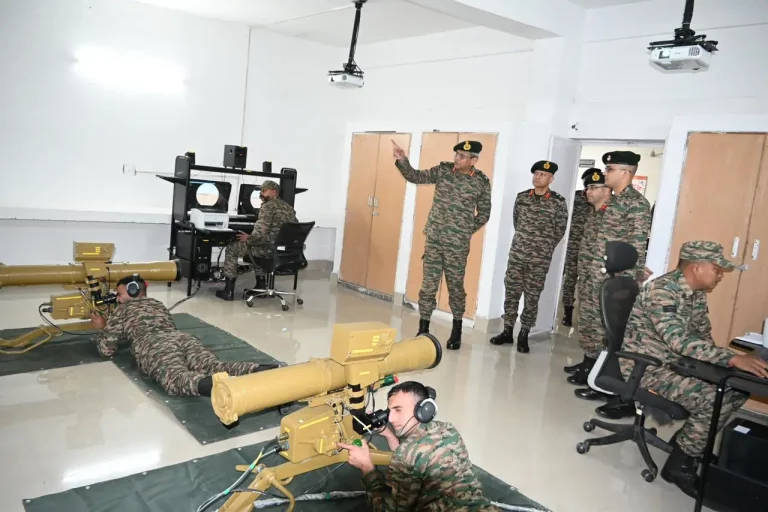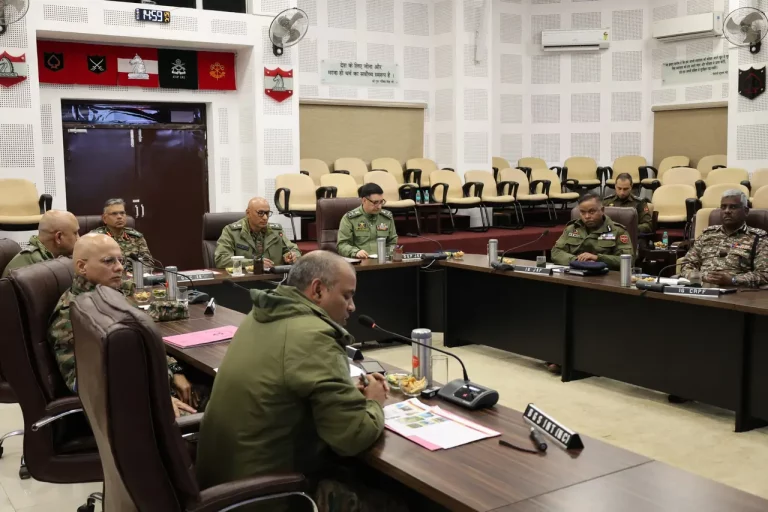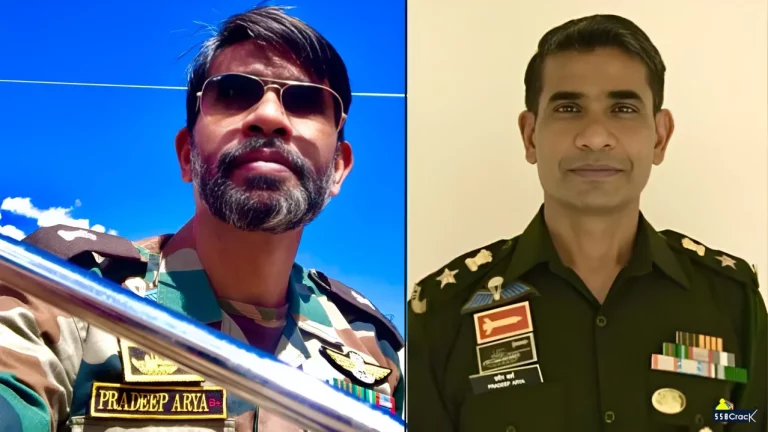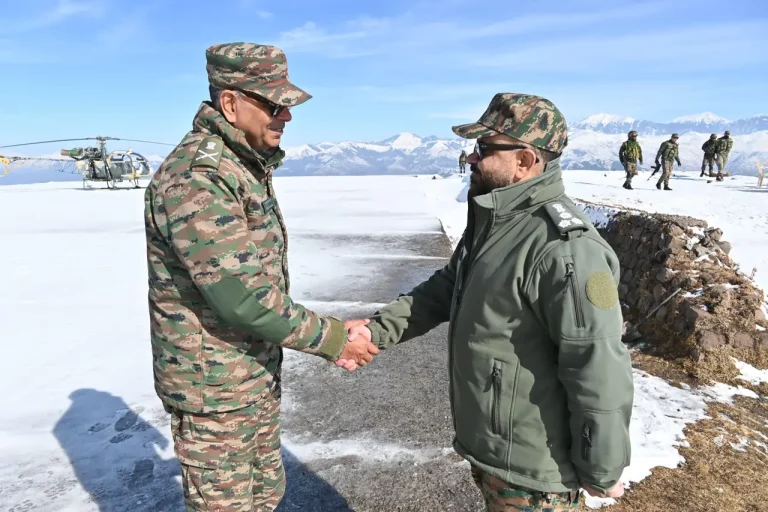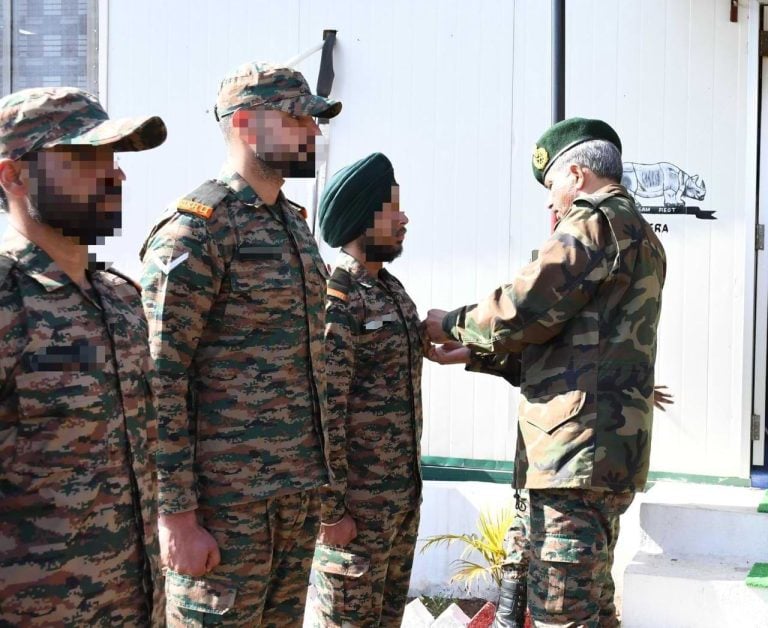According to Turkish President Recep Tayyip Erdogan, the suspected ISIS (Islamic State of Iraq and Syria) leader was killed in Syria in an operation carried out by Turkey’s MIT intelligence agency. “The suspected leader of Daesh, codename Abu Hussein al-Qurashi, has been neutralized in an operation carried out in Syria,” Erdogan announced on air.
Erdogan remarked in a live interview on Turkish television TRT Turk that their national intelligence organization has been following Daesh’s “so-called” head, Abu Hussein al-Qurayshi, for a long time. “This is the first time I’ve mentioned it here. “This individual was neutralized in an MIT operation yesterday,” Erdogan continued. He also stressed that Turkey will continue to fight terrorist organizations without distinction.
Frequent Strikes on ISIS
ISIS claimed the death of its previous commander, Abu Hasan al-Hashimi al-Qurashi, on November 30. The group then replaced him with Abu Hussein al-Qurashi. According to an AFP journalist in northern Syria, Turkish intelligence operatives and local military police closed off a zone in Jindires, in the northwest part of Afrin, on Saturday.
Locals alerted AFP that an abandoned farm was being used as an Islamic school. This is where the operation that resulted in the death of the suspected ISIS leader was carried out. Turkey has had troops stationed in northern Syria since 2020, and it controls huge areas with the help of Syrian auxiliary forces. Midway through April, the US carried out a helicopter raid in northern Syria on the premise that ISIS was planning attacks in the Middle East and Europe.
ISIS attacks in recent years
In recent years, mainly between 2014 and 2017, ISIS has carried out multiple terrorist strikes in Europe. Some of the main assaults occurred in November 2015 in Paris, March 2016 in Brussels, July 2016 in Nice, December 2016 in Berlin, and May 2017 in Manchester. These and other similar incidents have caused widespread anxiety and concern in Europe about the threat of terrorism and the ability of security agencies to prevent such attacks.
Despite the fact that ISIS has lost much of its territory in Iraq and Syria, the group’s global network of affiliates and capacity to inspire lone-wolf strikes means that the threat of terrorism remains high. ISIS leader Abu Bakr al-Baghdadi was killed in a US military operation in northeastern Syria in October 2019. His killing was viewed as a severe setback for ISIS, despite the fact that the organization has managed to carry out terrorist acts and maintain its global network of affiliates.
To crack the SSB Interview and join the Indian Army as an Officer, You can join our SSB interview live classes batch and we recommend you to Enroll SSB INTERVIEW ONLINE COURSE. Trusted by thousands of defence aspirants.
